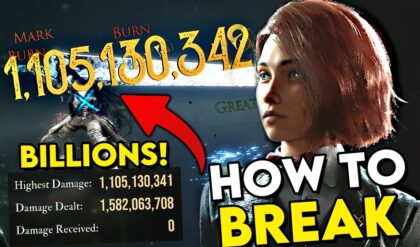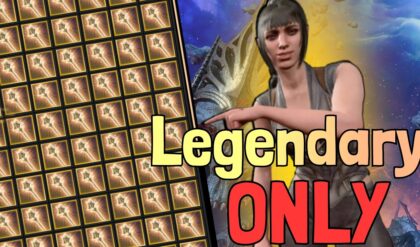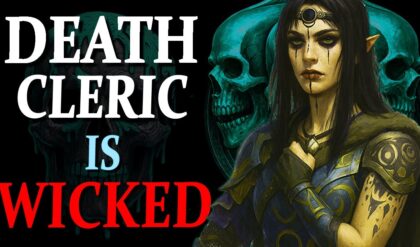Jeffrey Dean Morgan and The Walking Dead: A Decade-Long Bond That Defines His Career
Ten years after Jeffrey Dean Morgan first swung Lucille as the charismatic yet brutal Negan in The Walking Dead, the actor remains deeply tethered to the zombie apocalypse that reshaped his career and captured his soul. Introduced in the Season 6 finale of AMC’s post-apocalyptic juggernaut in 2016, Negan became one of television’s most polarizing villains, and Morgan’s portrayal—equal parts menacing and magnetic—cemented his place in pop culture. Now, with the main series concluded and Morgan starring in the spinoff The Walking Dead: Dead City, he’s reflecting on the profound impact the franchise has had on his life. Why does The Walking Dead still hold such power over him, and what does this enduring connection reveal about the show’s legacy? Let’s explore Morgan’s decade-long journey, the evolution of Negan, and why this apocalyptic saga continues to resonate.
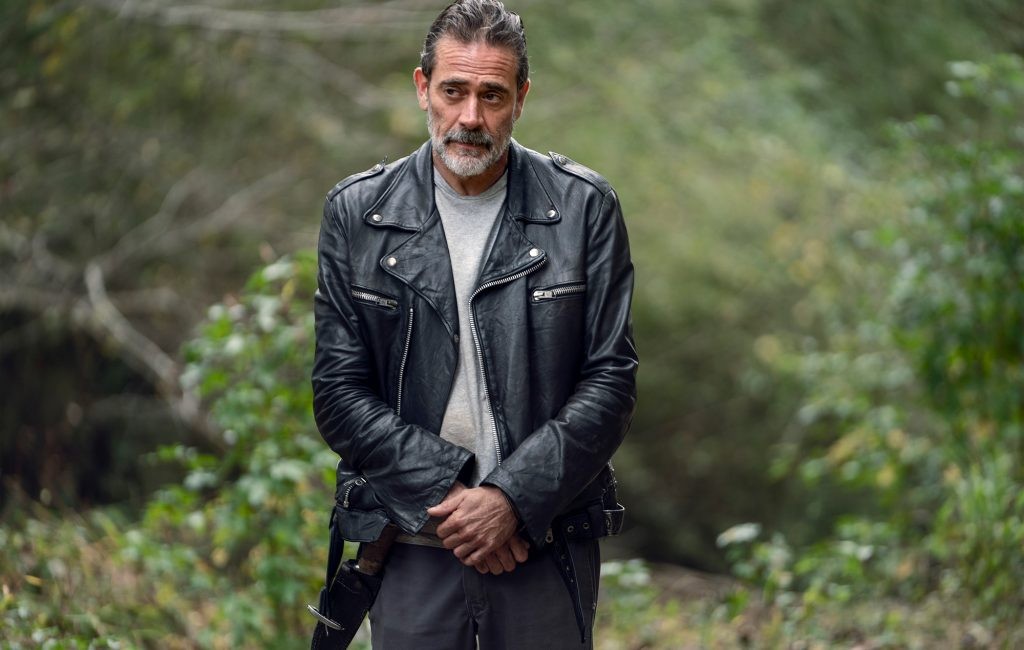
Negan’s Explosive Arrival: A Game-Changer for The Walking Dead
When Jeffrey Dean Morgan debuted as Negan in the Season 6 finale, “Last Day on Earth,” on April 3, 2016, The Walking Dead was at the height of its cultural dominance, drawing millions of viewers to its gritty tale of survival based on Robert Kirkman’s comics. Negan, the leather-jacketed leader of the Saviors, arrived with a swagger, a barbed-wire bat named Lucille, and a penchant for dark humor, instantly shaking up the series. His introduction ended with a cliffhanger, as he prepared to kill one of Rick Grimes’ group, setting the stage for the Season 7 premiere—a moment that would redefine the show.
That premiere, “The Day Will Come When You Won’t Be,” aired on October 23, 2016, and saw Negan brutally murder Abraham Ford and Glenn Rhee, played by Michael Cudlitz and Steven Yeun, in a scene that shocked fans with its graphic violence. Morgan’s performance, blending menace with charisma, made Negan an instant icon, but the episode sparked backlash, with viewership dropping from 17 million to under 11 million in weeks due to the deaths’ brutality. Despite the controversy, Morgan’s Negan became a lightning rod, embodying the show’s willingness to push boundaries. His arc, from villain to complex anti-hero, spanned the main series’ 177 episodes, culminating in 2022, and continues in Dead City, a spinoff pairing him with Maggie Rhee (Lauren Cohan).
In a recent interview reflecting on his 10-year milestone, Morgan admitted that The Walking Dead “still owns my soul.” He described the role as a career-defining challenge, one that brought him global recognition but also personal growth, lifelong friendships, and a visceral connection to the fans. “This show changed my life in every way,” he said, noting that Negan’s complexity—his cruelty, humor, and eventual redemption—mirrored his own journey of balancing intensity with vulnerability. This emotional bond, forged through years of embodying one of TV’s most layered characters, explains why the franchise remains a cornerstone of Morgan’s identity.
Why The Walking Dead Captivates Morgan
Morgan’s attachment to The Walking Dead stems from several factors, starting with the role’s demands. Negan, adapted from Kirkman’s comics, required Morgan to walk a tightrope: he had to make a sadistic villain likable without softening his edge. His early scenes, like the Season 7 killings, were deliberately polarizing, establishing Negan’s dominance over Rick’s group. Morgan leaned into the character’s theatricality—his grins, quips, and larger-than-life presence—while grounding him in human flaws, like his warped sense of justice. This complexity hooked Morgan, who relished the challenge of making viewers root for a murderer.
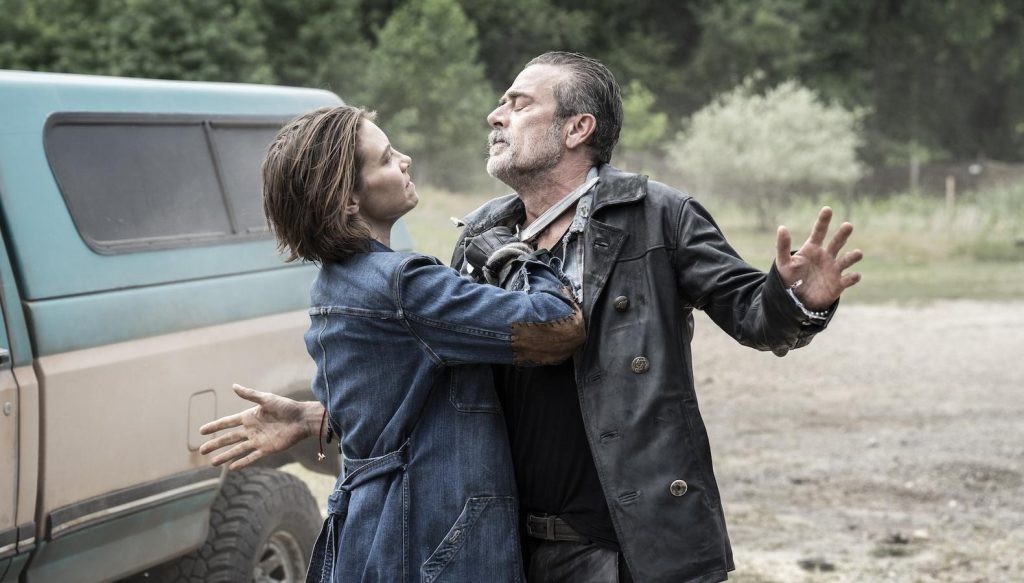
The role’s physical and emotional toll also deepened Morgan’s connection. Filming in Georgia’s heat, wielding Lucille for hours, and delivering long monologues took stamina, while Negan’s arc—imprisonment, redemption, and alliance with Maggie in Dead City—required emotional range. Morgan has shared stories of grueling shoots, like the Season 7 premiere, where he and the cast were “wrecked” by the intensity. Yet, these hardships fostered camaraderie with co-stars like Andrew Lincoln (Rick), Norman Reedus (Daryl), and Cohan, whom he considers family. “We went through war together,” he said, highlighting the bonds that make the show’s world feel real.
The fans, too, play a massiveMorgan’s connection to The Walking Dead is also fueled by its passionate fanbase. He’s been overwhelmed by their devotion, from convention appearances to social media interactions, where fans share how Negan’s story—his fall and redemption—resonated with their own struggles. “The fans are why this show lives,” he said, noting that their love keeps the franchise alive through spinoffs and streaming on platforms like Netflix and AMC+. This reciprocal bond—Morgan’s gratitude and fans’ adoration—has made The Walking Dead a personal mission, not just a job.
Negan’s Evolution: From Villain to Anti-Hero
Negan’s arc is central to Morgan’s enduring passion. In the comics, Negan is a brutal but charismatic leader, and the show expanded this, giving him a redemption arc that Morgan embraced. After his defeat in Season 8, Negan’s imprisonment by Rick’s group marked a turning point, forcing him to confront his actions. By the series’ end, he’s a reluctant ally, helping Maggie and others against new threats, a shift mirrored in Dead City. The spinoff, set in a zombie-infested Manhattan, pairs Negan with Maggie, exploring their fraught history—Glenn’s death looms large—as they search for her son, Hershel. Morgan has called Dead City a “new chapter,” allowing him to delve into Negan’s guilt, humor, and desire for redemption, which has earned the show a second season.
This evolution mirrors the franchise’s broader shift. While the main series faced criticism for narrative fatigue—viewership fell from 17 million in Season 5 to under 3 million by 2022—spinoffs like Dead City, Daryl Dixon, and The Ones Who Live have revitalized it. Dead City’s urban setting and focus on character dynamics contrast the main series’ rural sprawl, addressing critiques of repetition. Morgan’s performance in Dead City, blending Negan’s wit with vulnerability, has drawn praise, with critics noting his chemistry with Cohan elevates the show. This reinvention keeps Morgan engaged, as he sees Negan’s story as far from over.
The Walking Dead’s Lasting Legacy
The Walking Dead’s impact on Morgan reflects its broader cultural footprint. Since its 2010 debut, the show redefined horror, blending gore with human drama, and its diverse cast and themes of survival resonated globally. Spinoffs have kept it relevant, with Daryl Dixon earning an 81% on Rotten Tomatoes for its French setting and The Ones Who Live satisfying Rick-Michonne fans. Streaming on Netflix and AMC+ ensures accessibility, while upcoming projects like More Tales from The Walking Dead Universe signal growth. Morgan’s involvement in Dead City and his vocal pride in the franchise underscore its staying power, even as critics like Joe Rogan question its longevity.
The show’s influence extends to Morgan’s career. Before The Walking Dead, he was known for roles in Supernatural and Watchmen, but Negan made him a household name. He’s since starred in films like Rampage and taken on producing roles, but The Walking Dead remains his touchstone. “I’ll never shake Negan, and I don’t want to,” he said, embracing the character’s grip on his identity.
Why Morgan’s Connection Resonates
Morgan’s decade-long bond with The Walking Dead captivates fans because it mirrors their own attachment. Negan’s journey—from villain to flawed hero—echoes universal themes of redemption and resilience, making Morgan’s emotional investment relatable. His candid reflections, shared in interviews and fan events, humanize him, showing the toll and joy of embodying such a complex character. Social media buzz, with fans praising Morgan’s “soulful” performance, highlights how his passion fuels the franchise’s community.
This connection also speaks to The Walking Dead’s ability to forge lasting relationships—between actors, fans, and the story itself. Morgan’s friendships with co-stars, his gratitude for fans, and his excitement for Dead City’s future reflect a shared journey, one that endures through spinoffs and streaming. As the franchise evolves, Morgan’s soul remains tethered to Negan, a testament to the show’s power to leave an indelible mark.
Looking Ahead: Negan’s Next Chapter
With Dead City Season 2 in production and Morgan teasing “wild” developments for Negan and Maggie, his Walking Dead journey is far from over. Potential crossovers with Daryl Dixon or new stories in More Tales could expand Negan’s arc, keeping Morgan at the franchise’s heart. Fans can stream Dead City and the main series on AMC+ and Netflix, fueling anticipation for what’s next.
Jeffrey Dean Morgan’s decade with The Walking Dead is a love story—of an actor and a role, a show and its fans. His soul may belong to the apocalypse, but it’s a bond that’s enriched his life and the Walking Dead’s legacy. As Negan’s story continues, Morgan’s passion ensures the franchise’s heart keeps beating, proving that some roles are forever.


